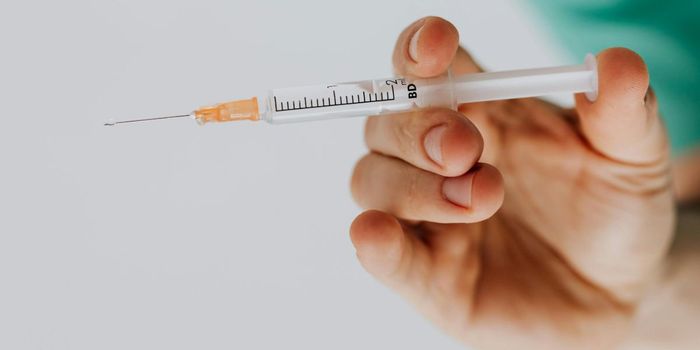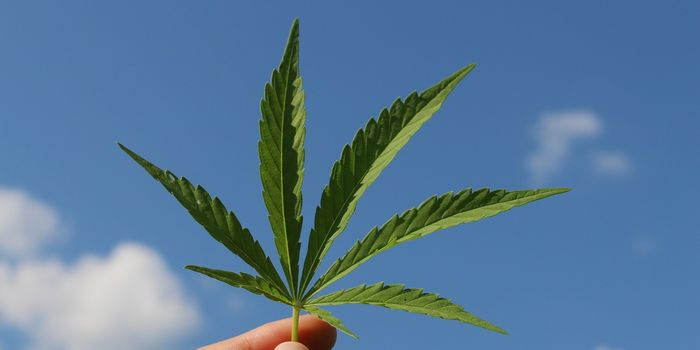Marijuana Use Linked With Lower Intravenous Opioid Abuse
People who use cannabis every day for six months are a quarter (24 percent) more likely to stop injecting opioids than those who do not, according to a new Canadian study from researchers at the British Columbia Centre on Substance Use and University of British Columbia.
Three prospective cohorts of people who inject drugs (PWID) from Vancouver, Canada, provided the data for the study, which set out to evaluate the association between cannabis use and intravenous drug abuse.
Between 2005 and 2018, at-least-daily cannabis use was associated with higher cessation rates of drug injection in general for PWID. But a subanalysis revealed that this association was only significant in the case of opioids. Cannabis users were 1.24 times more likely to stop injecting these drugs.
“To our knowledge, this is the first longitudinal study to identify a positive association between cannabis use and cessation of injection drug use,” the authors noted, adding that “this finding is encouraging given the uncertainty surrounding the impact of cannabis policies on PWID during the ongoing opioid overdose crisis in many settings in the United States and Canada,”
However it’s worth noting that the research team did not observe a statistically significant association between at-least-daily cannabis use and injection relapse.
Previous studies have found that cannabis can also help patients addicted to opioids for pain relief— in another 2020 analysis, a 64–75% reduction in opioid dosage was noted in those who added medicinal cannabis to their regimen, when compared to patients not doing so. 32–59.3% of medicinal cannabis users were able to come off opioids completely.
One further interesting observation came from a survey in which the number of medically issued opioid prescriptions was compared between states with and without legalized recreational marijuana. The results showed there was a larger opiod use reduction (between 2012 to 2017) where marijuana was legal.









